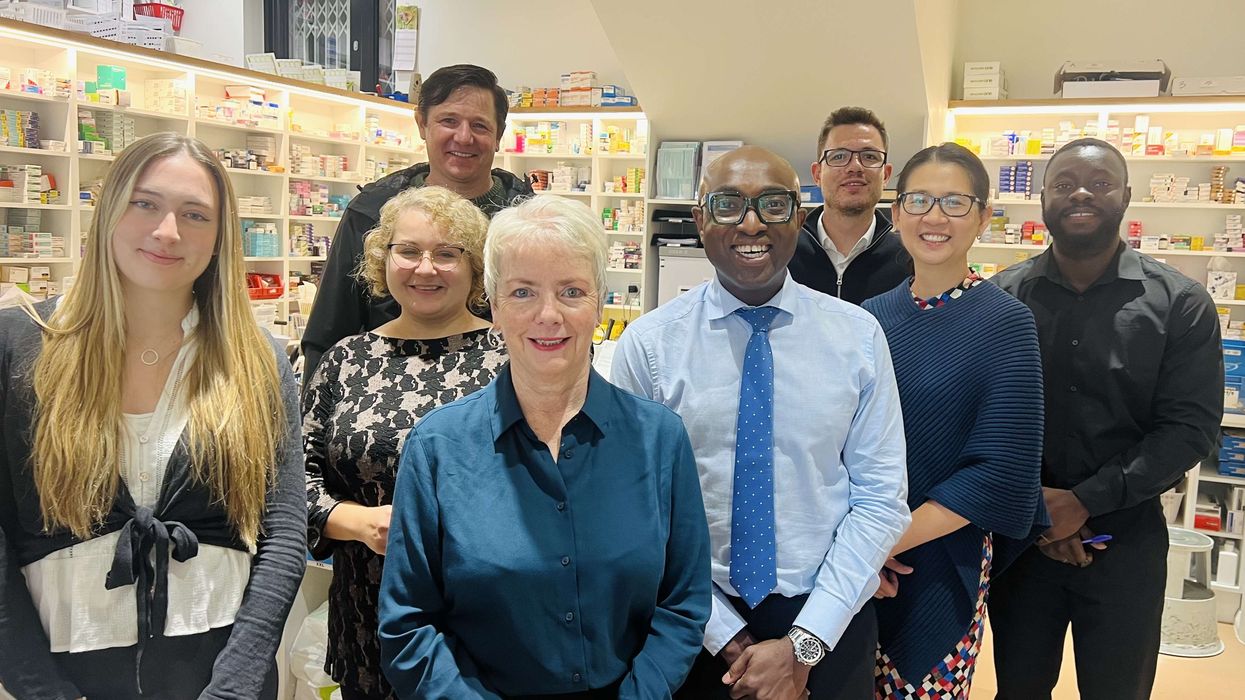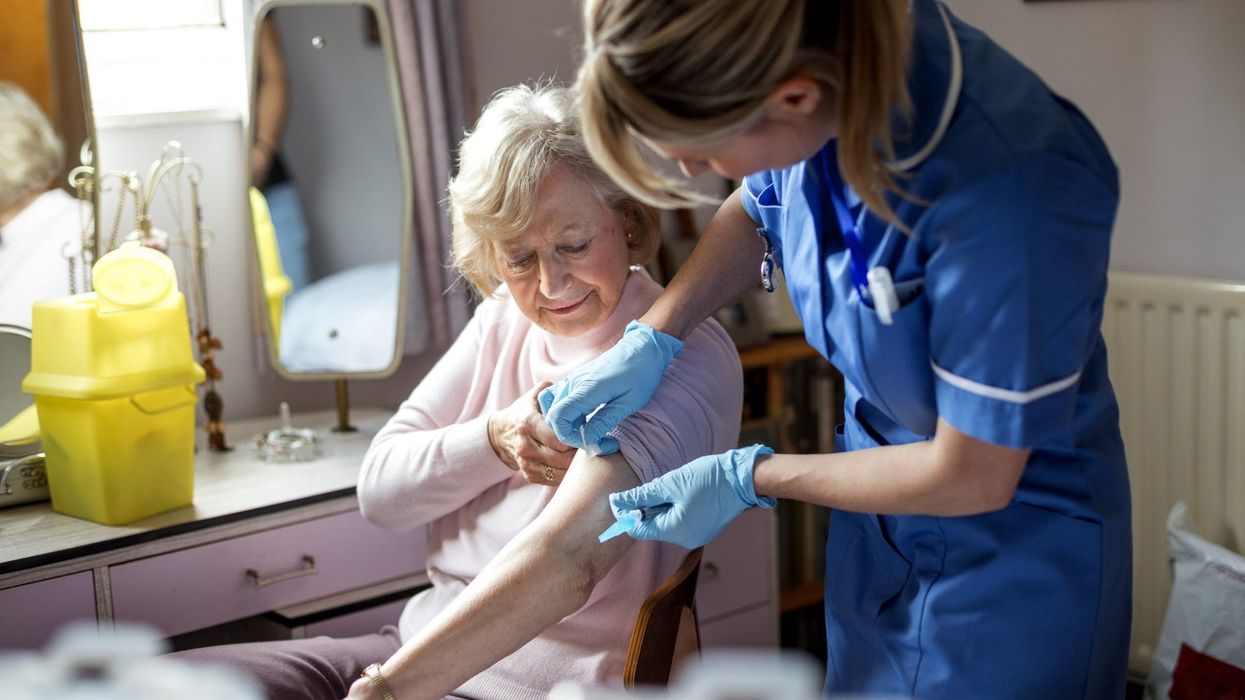The government has announced changes to the rules on importuning cannabis-based medicines, allowing patients faster access to treatment.
The changes will allow companies to import cannabis-based medicinal products into the UK in advance of prescriptions, enabling patients who have a prescription to get their medicines in days rather than months.
The new legislation, to be implemented by the Home Office and the Medicines and Healthcare products Regulatory Agency (MHRA), means that, as of today, companies will be able to import these medicines in bulk, which will be given to patients with prescriptions via a pharmacy.
This follows changes to the legislation in October 2018, which allowed specialist doctors in the UK to prescribe cannabis-based products for medicinal use, in recognition that cannabis has medicinal value and should be available on prescription.
Patients with conditions, including rare and serious forms of epilepsy or multiple sclerosis, will now be able to access their prescribed medicines quicker.
Making the announcement, Home Secretary Priti Patel said: “I have taken swift action to allow specialist doctors to issue prescriptions for cannabis-based medicinal products, when they consider their patients would benefit from this treatment.
“This will allow patients and their families with challenging conditions to access them more easily, when appropriate, to ensure they can be treated in days, not months.”
Most cannabis-based medicines are imported from foreign countries, with export restrictions delaying it by weeks or even months.
Recognising the risk of delays in treatment, the government said it's "committed to ensuring quick, uninterrupted access", whilst also working with the wider industry on "exploring further actions" to reduce costs and encourage more evidence-based research.
Heath Secretary Matt Hancock said: “Every time I meet the families of young people dealing so bravely with childhood epilepsy, I am reminded of just how much they have been through.
“The changes made today are a tremendous step towards improving the supply of cannabis-based medicinal products by helping to ensure quicker and more reliable access for patients.
“But we still have a long way to go. We need more research into the quality and safety of these medicines, and to do all we can to cut down the costs and remove barriers so that, when appropriate, patients can access it, including on the NHS.”
Secretary of State Hancock and Pharmacy Minister Jo Churchill today met with campaigners and industry leaders to discuss how the costs of unlicensed cannabis-based medicinal products could be further reduced for patients.
In November last year, the National Institute for Health and Care Excellence (NICE) also recommended two cannabis-based medicinal products for patients with multiple sclerosis and hard-to-treat epilepsies.
Welcoming today's announcement, Dr Andy Yates, Pharmacy Lead at the Centre for Medicinal Cannabis, said: “Today’s announcement will be warmly welcomed by patients, carers, and clinicians alike. It’s crucial as we build the evidence required to realise the potential of cannabis-based medicinal products that there are no unnecessary impediments to accessing prescriptions.
“We are grateful that the Government has listened to the valid concerns expressed by our members and responded with measures that will immediately improve access to these novel medicines and accelerate clinical understanding of their use. We look forward to working on the finer details of how this can now be implemented.”
Cannabis is a Class B drug under the Misuse of Drugs Act 1971.
It is unlawful to possess, supply, produce, import or export this drug except under a Home Office licence.
It is also an offence to cultivate any plant of the genus cannabis except under a Home Office licence.











